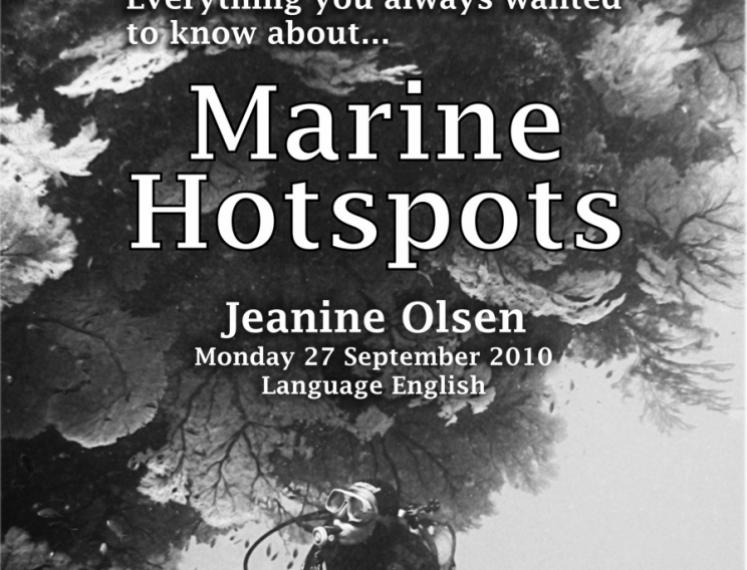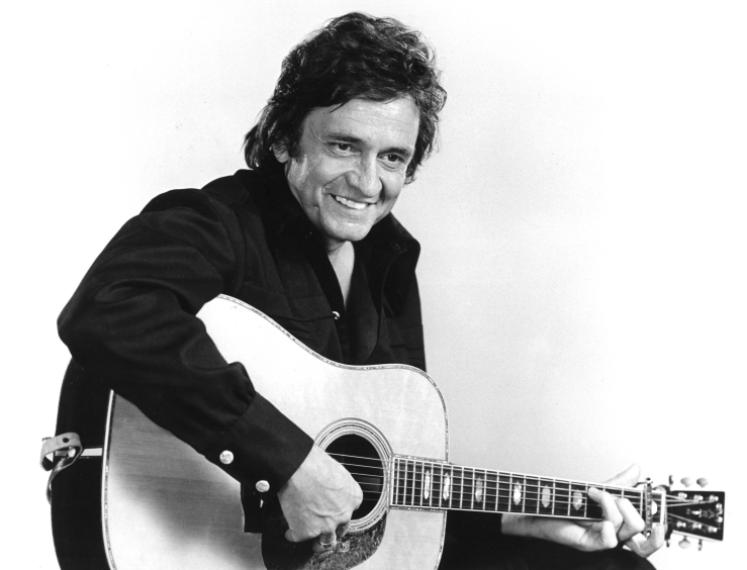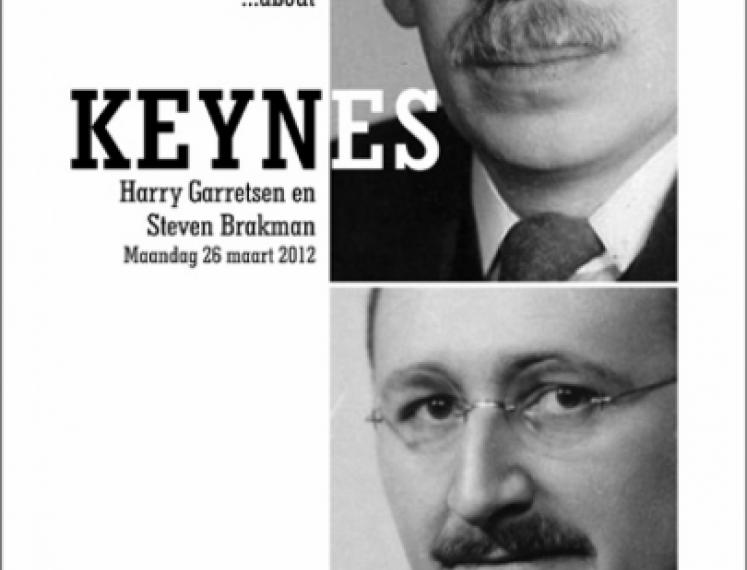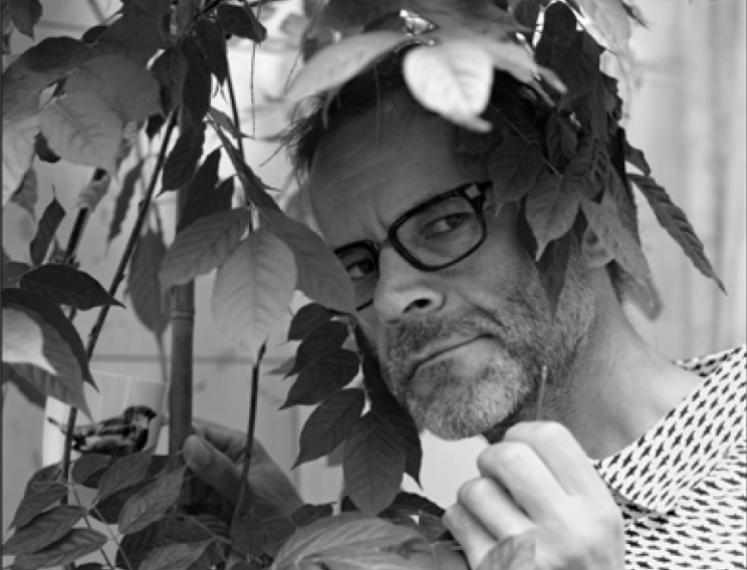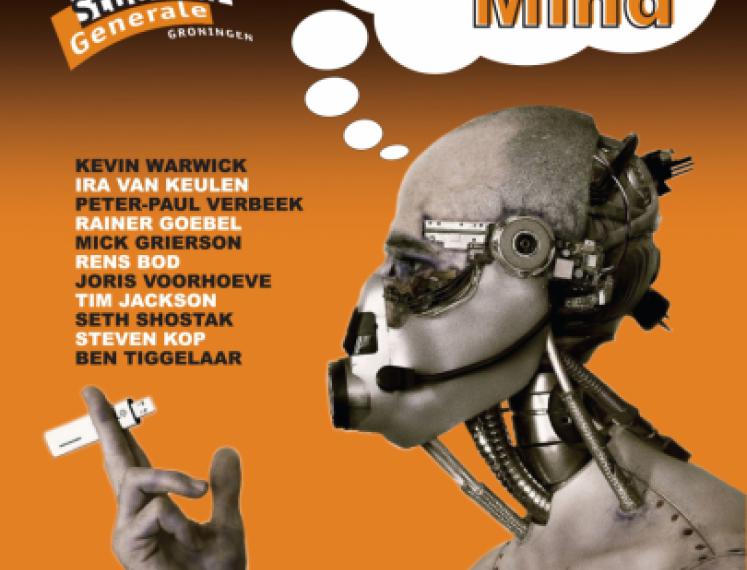Marine Hotspots
The ocean provides a delicate covering of the Earth that is roughly the thickness of a piece of paper. Below it is the Earth’s surface, which consists of about 20 giant plates that shift around, expand and contract. Through time, new areas and coastlines are created, others destroyed and some remain relatively unchanged. At the same time, the cycles of glacial and interglacial episodes affect sea-level, ocean temperature and currents. Together, these processes create the dynamic ocean in which all life has evolved—in it, at the edges, and at the bottom. Some of these areas become biodiversity hotspots: prominent geographic regions that harbor very high numbers of species. Why are these hotspots important? What causes them and what kinds of organisms are found there?
At present it is estimated that only between 1-10 percent of the species that exist are known to science—mostly big organisms—and that the rate of species loss due to human influence is alarmingly fast. This is especially true in the ocean, where our knowledge is particularly rudimentary, where there is little legal control, and where much of the biodiversity is hidden due to its small size. How can hotspots broaden our understanding of the origin and future of marine life?
Jeanine Olsen is Professor of Biology at the Centre for Ecological and Evolutionary Studies of the University of Groningen. Her chair is in Biodiversity of the Marine Milieu. Current research focuses on the influence of climate change on species range shifts and the genomic basis of adaptation. She received her PhD from the University of California at Berkeley. She held positions at the University of Washington-Seattle and the Smithsonian Institution in Washington, DC before joining the RUG Natural Sciences Faculty.
